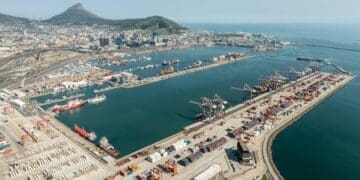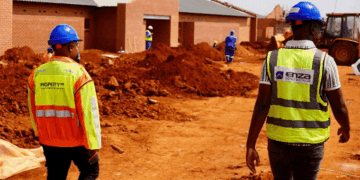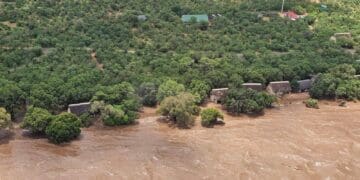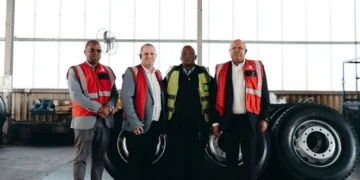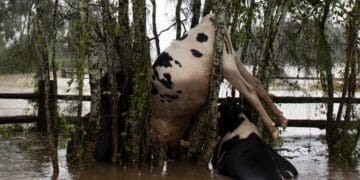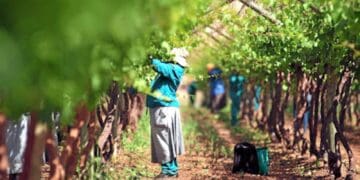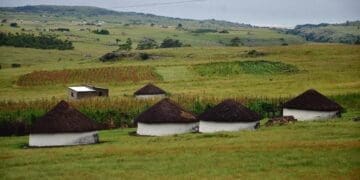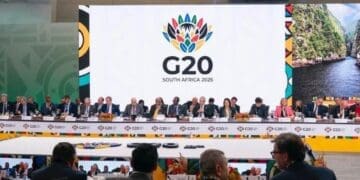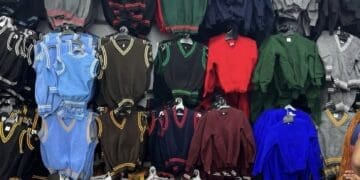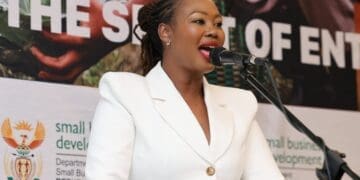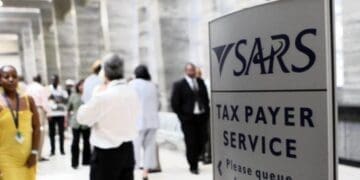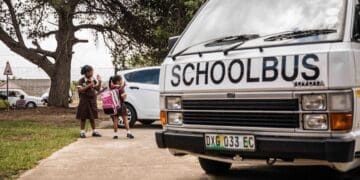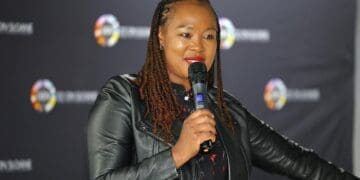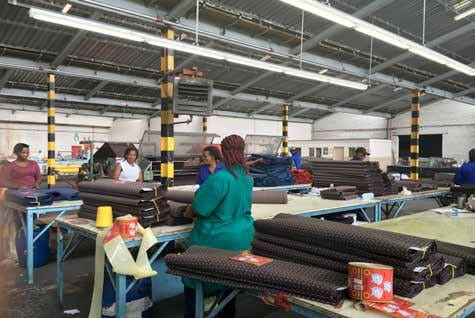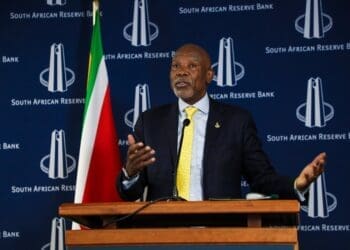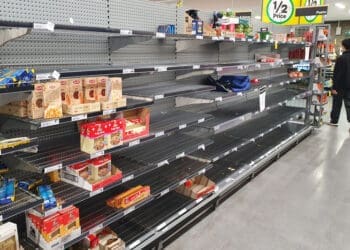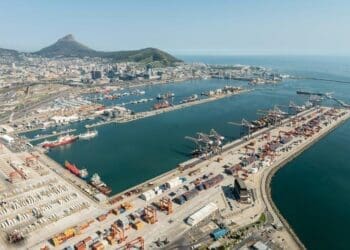Over the last six years, there has been more than a 50% increase in locally produced clothing, textile footwear and leather (CTFL) products, according to the KwaZulu-Natal Clothing and Textile Cluster.
Kyle Ballard, who heads up SME Development at the cluster, said the shift towards local sourcing was not just a passing trend.
“Retailers are no longer just dipping their toes into local sourcing, they’re diving in,” he said.
“Since 2019, we’ve seen a 58% rise in local CTFL production. That’s a serious vote of confidence in South African manufacturing,” said Ballard.
The cluster, supported by the eThekwini municipality, recently launched the 2025 edition of its SME Accelerator Programme.
This surge in domestic production is being driven by major retailers such as Woolworths, Mr Price, TFG and Pepkor Speciality, all of whom are actively working to localise their supply chains under the Retail-CTFL Master Plan.
Ballard said that while these retailers often competed fiercely, they were united in their goal of transforming the sector through strategic local partnerships.
“It’s not often you hear Woolworths, Mr Price, TFG and Pepkor Speciality in the same sentence, but when it comes to driving transformation in South Africa’s CTFL economy, they’re united by a shared goal,” he said.
The programme, now in its third iteration, connects qualifying small manufacturers directly with these retail leaders.
It offers expert support in areas like standards upgrading, business capability development and investment readiness, enabling SMEs to become competitive players in high-volume supply chains.
Nelisiwe Magubane, who is the programme manager for CTFL at the municipality, said they were seeing a real impact on the ground.
“The SME Accelerator is what happens when government and industry collaborate intentionally. We’re not just giving small businesses a seat at the table—we’re helping them build the table,” said Magubane.
With applications now open, they are inviting businesses that are South African-owned, at least 51% Black-owned, registered, tax compliant and have been operational for a minimum of two years with an annual turnover below R50 million.
Retailers are specifically looking for suppliers in categories such as ladies’ and men’s outerwear, babywear, hosiery and legwear, leather goods, grass accessories, technical sports shoes and denim.
Ballard emphasised that this was not about once off opportunities.
“Retailers are no longer just exploring localisation—they’re investing in it,” he said.
“And with the right support, these small businesses can become the next generation of strategic suppliers.”
Magubane agreed, adding that the programme was focused on building meaningful, long-term relationships.
“This isn’t about short-term contracts. It’s about building sustainable partnerships that contribute to a more resilient and inclusive economy,” she said.
As global uncertainty continues to challenge traditional sourcing models, the accelerator is giving South African manufacturers a clear path to scale up, compete and shape the future of the local CTFL sector.
“Local is no longer just lekker—it’s essential,” said Ballard.



